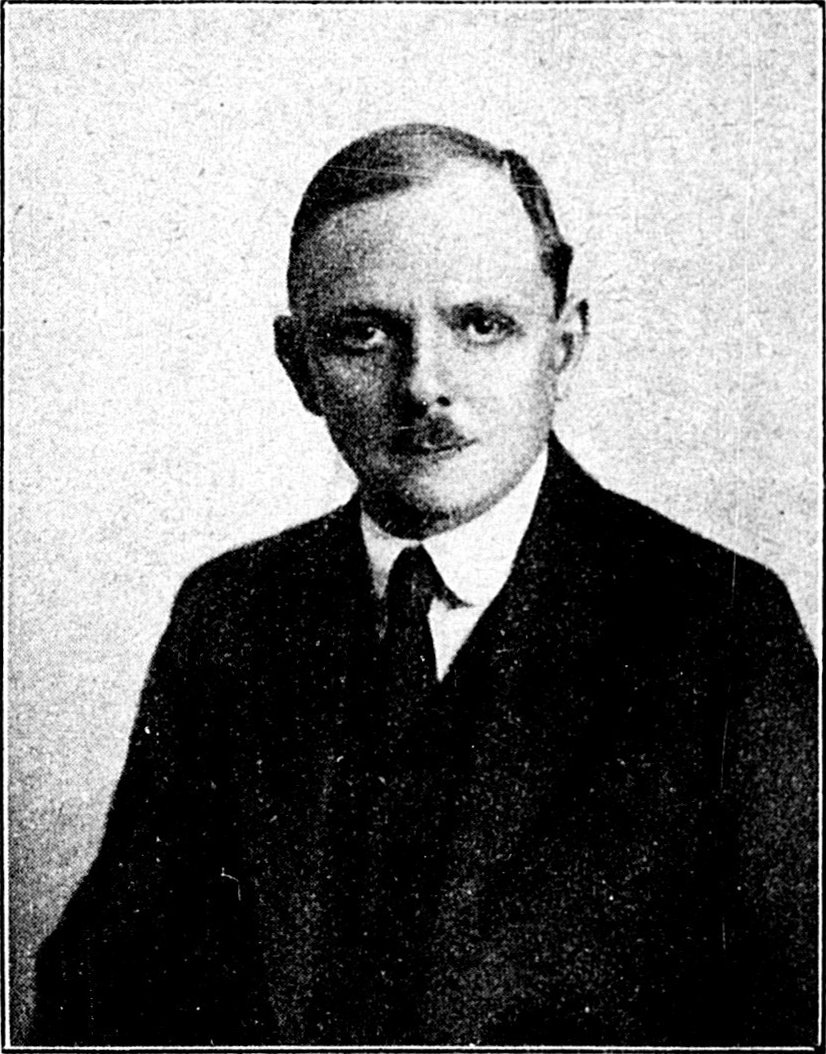There are figures who have made a huge contribution to Polish culture. One of whom is an outstanding scientist and the only Polish translator of all the works of William Shakespeare, Prof. Władysław Tarnawski.
Władysław Tarnawski was born into an extremely politically and socially active family in Przemyśl in 1885. His father, Leonard, was a January Uprising veteran, lawyer, co-creator of the March Constitution and a politician of the National Democracy. His mother Wincentyna, née Wojgart, was the daughter of the mayor of Przemyśl and a political activist associated with Józef Piłsudski.
Władysław Tarnawski became fascinated with the works of the greatest English playwright already in his youth. After graduating with honors from the gymnasium in Przemyśl, he continued his studies (Polish and classical philology) at university in Lwow (today’s Ukrainian Lviv) and in Krakow (English studies). His doctorate “On the Polish translations of Shakespeare’s plays” was highly appreciated and published by the Academy of Learning at the request of the thesis supervisor, Prof. Ignacy Chrzanowski. After graduation, he returned to his hometown and worked in a gymnasium as a teacher of Polish, History, Latin and German.
Despite his many responsibilities, he did not give up his research on English literature. He published a lot. In 1922, he obtained his habilitation for the thesis Christopher Marlowe, his life, works and meaning in English literature. This work opened the way to a further scientific career. Two years later he became an Associate Professor and head of the Department of English Studies at the Jan Kazimierz University in Lwow. In 1926, he published the first English textbook in Polish.
He was highly appreciated not only in Poland. In May 1927, he welcomed Gilbert K. Chesterton in Lwow and, at the famous writer’s request, accompanied him on his way to Przemyśl.
The scientific career of Prof. Tatarkiewicz was harmed by his activity in the political and social organizations of the National Camp. For this reason, in 1934 he was affected by the reform of higher education carried out by Minister Janusz Jędrzejewicz, which liquidated the departments of scientists critical of the Sanation and sent them to compulsory early retirement. The university authorities returned him to teaching only in 1938. He spent the war in Lwow, and only in July 1945 he moved to Przemyśl. During the occupation, he wrote and translated Shakespeare’s works. In the first post-war academic year, which began in the fall of 1945, he lectured at the Jagiellonian University. He was even invited in 1946 to an international convention of Shakespeare specialists in Stratford, the town where Shakespeare was born, but the communist authorities refused to let him leave the country.
In Krakow, he did not give up his political activity for the National Camp. He was active in the Committee of the Eastern Territories organized by the underground National Party. And for this activity he was arrested by security service in December 1946.
In October 1947, the communist Military District Court in Warsaw sentenced him to ten years in prison for “attempting to overthrow the Polish political system”. As a result of the amnesty, the sentence was reduced to five years, and the loss of public and honorary rights. He served his sentence in Wronki and in Warsaw’s Mokotów. Despite the difficult prison conditions and his deteriorating health, he translated Shakespeare’s works, just as during the German occupation. He died on April 4, 1951 in the Remand Center at Rakowiecka Street in Warsaw.
So far, only some of the works of the English playwright translated by Tarnawski were published, the rest is still waiting to be put out.





